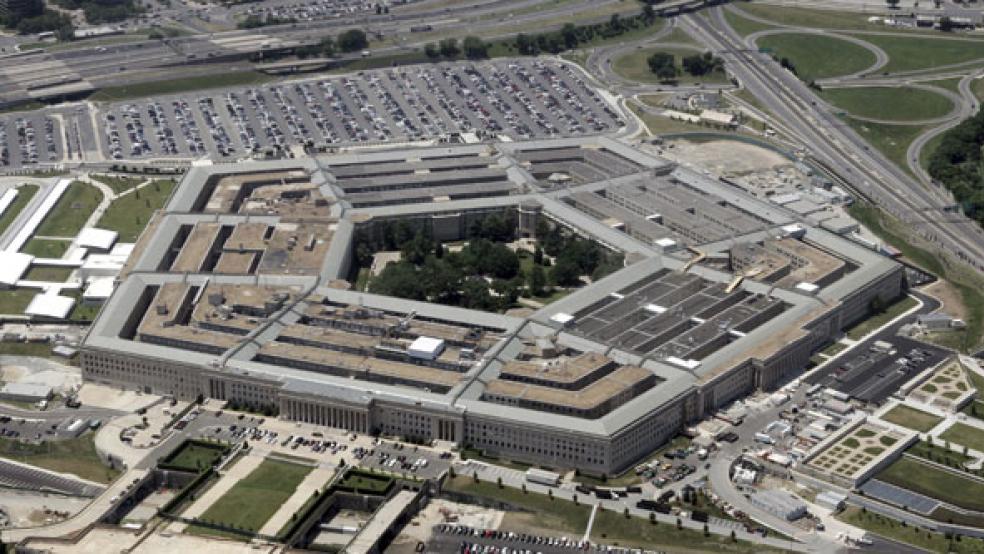The Pentagon’s ongoing use of an emergency war fund is undermining U.S. national security, according to a new think-tank study.
In an analysis released Tuesday, the Washington-based Stimson Center argues that the Pentagon should phase out the Overseas Contingency Operations (OCO) account, which was originally set up to fund the wars in Afghanistan and Iraq. The sprawling defense agency has come to rely on the fund to fill gaps in its overall budget.
Related: The 10 Most Expensive Weapons in the Pentagon’s Arsenal
Budget experts have long derided OCO as a slush fund of sorts and accused Capitol Hill lawmakers on both sides of the aisle of using the account to pay for things not related to the wars, such as financing pay and benefits and buying equipment for the military branches, including the National Guard.
Indeed, Stimson points out that the fund now includes money for the European Reassurance Initiative, which covers the costs of sending hundreds of U.S. troops in and out of Europe for brief deployments, military exercises with allies and other training missions aimed directly at countering Russian aggression in the region, especially in Ukraine.
According to Stimson, relying on the OCO undermines the country’s security because it allows the Pentagon to skirt laws meant to control spending and limit the deficit. It also creates uncertainty as suppliers and defense officials wait to see how much Congress doles out each year. And it makes long-term planning difficult since future outlays remain uncertain from year to year.
"We conclude in this report that the uncertainty created by current reliance on OCO, particularly to fund base budget needs, could be detrimental to national security," the 20-page report states. "Given the consequences of continued misuse of OCO, we suggest that President Obama and his successor develop and commit to a credible plan to wind down OCO funding beginning with the expiration of the Bipartisan Budget Act” in fiscal 2018.
Related: Growing Debt Threatens US National Security: Defense Leaders
The independent study comes as the Republican-controlled Congress struggles to deal with the account. President Obama’s fiscal year 2017 budget requested $58 billion in OCO funding, in accordance with the bipartisan, two-year budget agreement signed into law late last year.
However, in marking up their legislation, House authorizers and appropriators decided to funnel around $18 billion into the Pentagons base budget so that the Pentagon can pay for additional procurement and readiness efforts.
The gambit means the fund would run out of money in early 2017 and force a newly-elected president to ask for an emergency supplemental to pay for the ongoing wars.
The White House has threatened to veto the policy road map that allows the move and Defense Secretary Ash Carter has derided the scheme for its short-sightedness.
Meanwhile, Senate lawmakers are sticking to the approach outlined in the budget deal, and have passed policy and spending bills that don’t raid wartime funding to pay for base budget needs.
Related: Congress Is Taking an $18 Billion Gamble With the Pentagon’s War Fund
The difference of opinion could turn into a standoff when the chambers meet to merge their bills.





